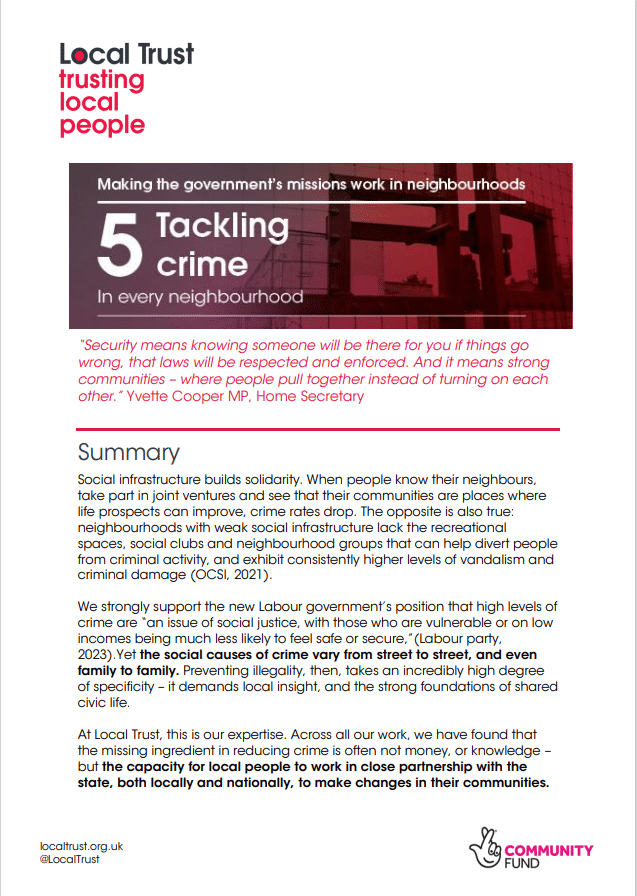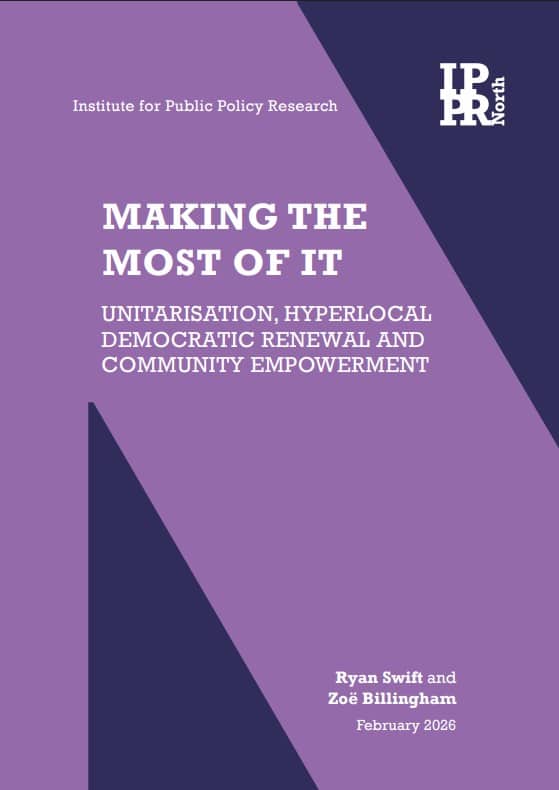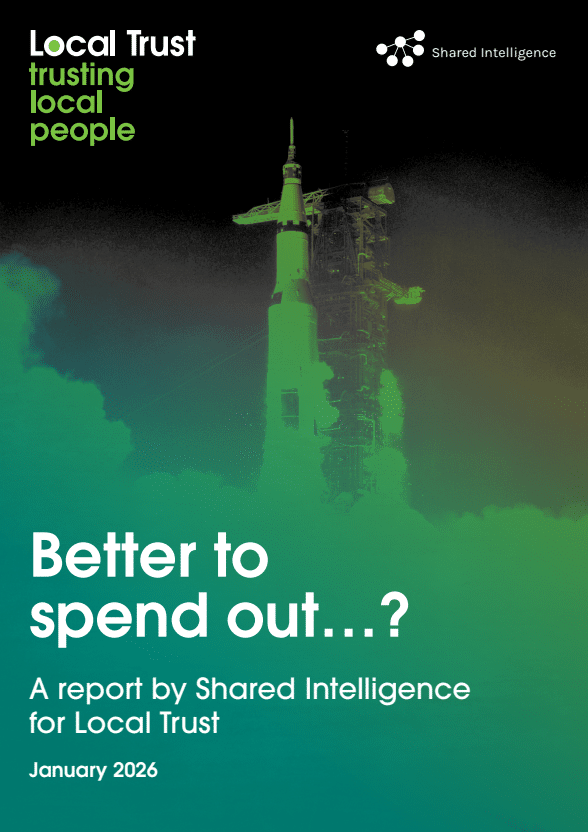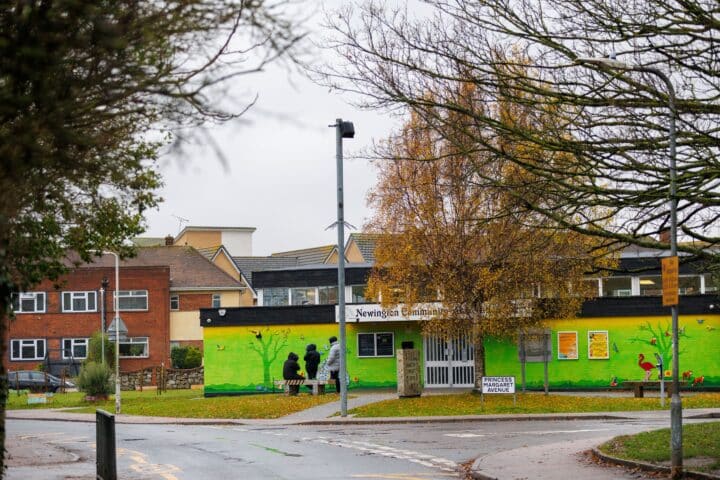Tackling crime: In every neighbourhood
Crime in disadvantaged areas is not inevitable and can be prevented by long term, community-led action. This paper explores how neighbourhoods with strong social infrastructure act as crucial preventative measure.

Tackling crime starts locally. It begins with neighbourhoods in which residents have a strong sense of agency in their partnership with state run services and are socially connected. Where people have the capacity to act, and advocate for the place they live. Building social infrastructure is a crucial preventative measure to reduce the impact of crime in disadvantaged areas, as set out in the new Labour government’s mission to ‘make Britain’s streets safe’ and halve serious violent crime.
Building social infrastructure to prevent and reduce the impact of crime is at the core of our experience with the Big Local programme and other neighbourhood initiatives. In areas with such community programmes, evaluations have found that crime rates were reduced, and that anti-social behaviour and criminal damage were consistently lower, as well as there being fewer fluctuations in recorded instances than benchmark areas (OCSI, 2023).
Prevention works. And by supporting the growth and development of social infrastructure and social capital, as well as restoring civic pride and belonging in areas where it has been undermined, the government can play a critical role in showing that crime in disadvantaged areas is not inevitable and can be prevented by long term, community-led action.
In this paper we give four recommendations to the new government to ensure no place is left behind in its goal of making ‘Britain’s streets safe’ and halving serious violent crime.
It forms part of our series of short papers, ‘Making the government’s missions work in neighbourhoods’. The series explores how learning from the Big Local programme can inform the delivery of the Labour government’s five missions, and where these could have the greatest impact – at the neighbourhood level. These missions span policy across health, economic growth, education, energy and crime.



